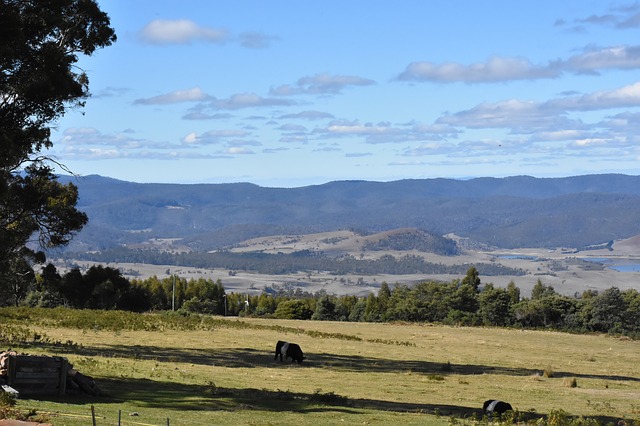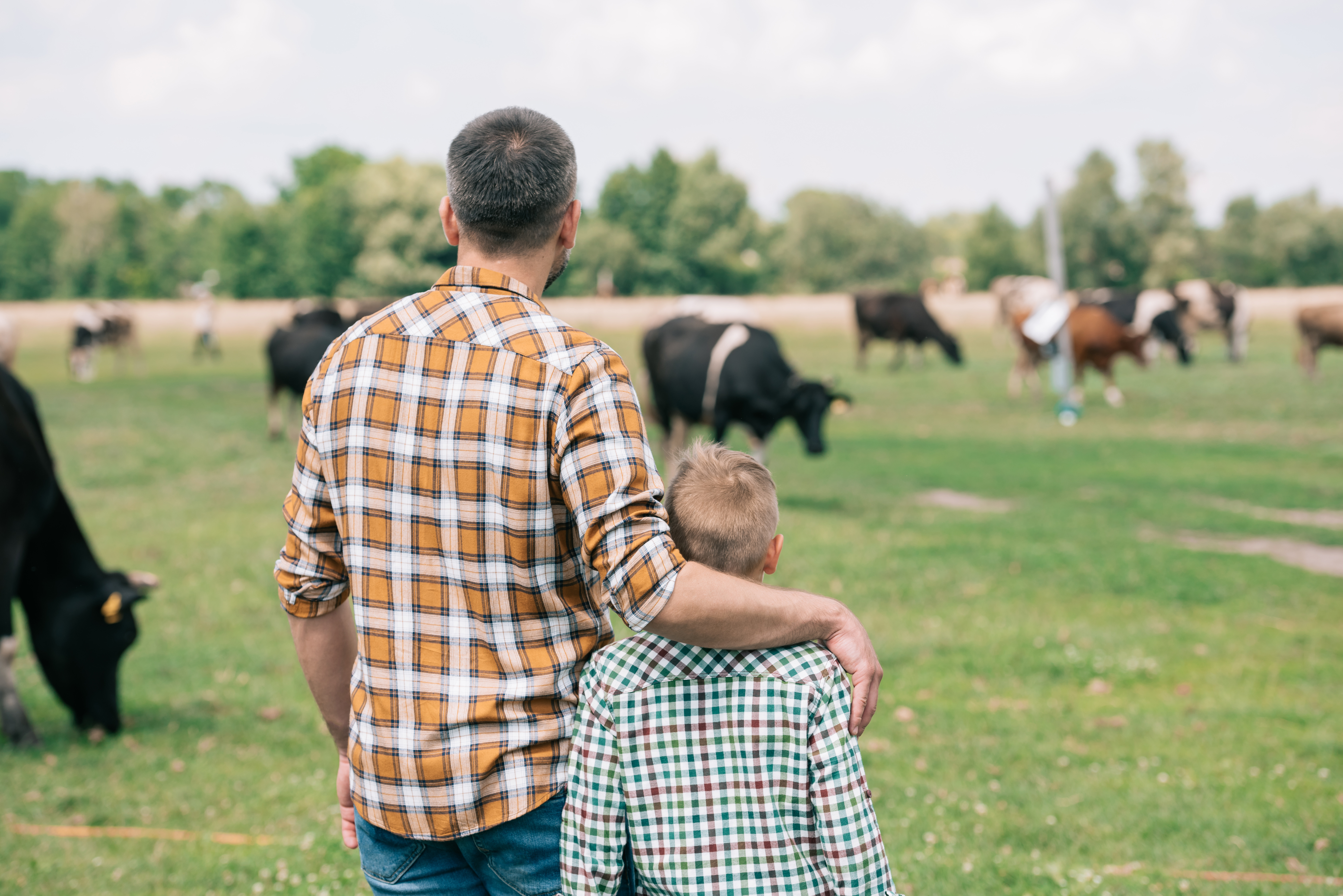



"Farmers want Kyoto ledger squared," says Australia's NFF
National Farmers Federation President Fiona Simson says while Australian farmers continue to lead the world in improved sustainability and emissions reduction it is time to address the inequities of the past.“Farmers have been at the forefront of Australia’s efforts to meet climate change targets for decades, although not always knowingly.”


Ms Simson said in the 1990s and early 2000s, Queensland and NSW farmers were victims of land clearing legislation that removed their property rights, without compensation.
“The outcome of this was that landholders, unknowingly and without support, made a major contribution to meeting, and it turns out, substantially over achieving on Kyoto commitment targets. A significant proportion of more than 400 million tonnes of excess carbon sequestration was delivered through this process.
“If done today, landholders would be eligible to participate in the Emission Reduction Fund or a secondary carbon market and receive income for this activity, but not then. It still hurts and now is the time to square the ledger.”
Ms Simson and Agforce Queensland President Georgie Somerset, will this morning brief the federal Nationals party room, seeking a resolution to the festering sore created by the statutory theft.
“The rights to use this sequestered carbon should be vested in the landowner, not the government, nor an international accounting mechanism that ‘doesn’t count surpluses’. Appropriate redress must be provided.
“Fixing this will go a long way to ensuring farmers are enthusiastic participants and supporters of future emission reduction solutions.”
Ms Simson said work to better understand soil carbon, invest in new technologies to reduce methane emission from ruminant livestock, to streamline ERF methodologies and generally invest in technology innovations were vital and welcomed.
“Australian farmers are world-leaders in the adoption of new technologies and innovation, there is no reason to expect it will be any different in this context, but it has to make economic and production sense.”
Ms Simson warned that farmers were not prepared to be the climate solution for other sectors.
“Government must not expect prime farm land to be converted to a massive carbon sink. Farmers have a job to feed and cloth the world and to power the nation’s economy.


“Of course farming is also an integral part of rural and regional communities. The resilience of the regions is always paramount, and in these uncertain times it has been the farm sector that has been a consistent and reliable contributor.”
The NFF supports an economy-wide aspiration of net zero emissions by 2050 with two important caveats: that there is an economically viable pathway to net neutrality and farmers are not burdened by unnecessary regulation.
“The NFF is optimistic and constructive about the challenge. Farmers will play their part but the economics have to work, and other sectors must play their role too.”
For farmers that means building on what they have been doing for decades – low and no-til farming, adopting new technologies for animal production and maintaining vegetation on farm.
The recent Reisinger et al report outlines what the road ahead should look like for various gases. For agriculture it suggests the trajectory for enteric (livestock) methane is about 40% reduction by 2050 and 50-60% by 2100. For nitrous oxide it’s about 20% reduction.
“There is still work to do, but this shows that we will need to see other sectors also contribute as the real villain is carbon dioxide, and, as the Grattan Institute pointed out in their recent report, farmers extract (sequester) much more of that than they release (emit),” Ms Simson said.
“Agriculture has a great story to tell. Farmers positively contribute to emission reduction solutions, provide jobs and support communities. Today, we are calling for Government to right the wrongs of the past, so together we can work towards a lower emissions future and the NFF-led goal for agriculture to be Australia’s next $100 billion industry,” Ms Simson said.










